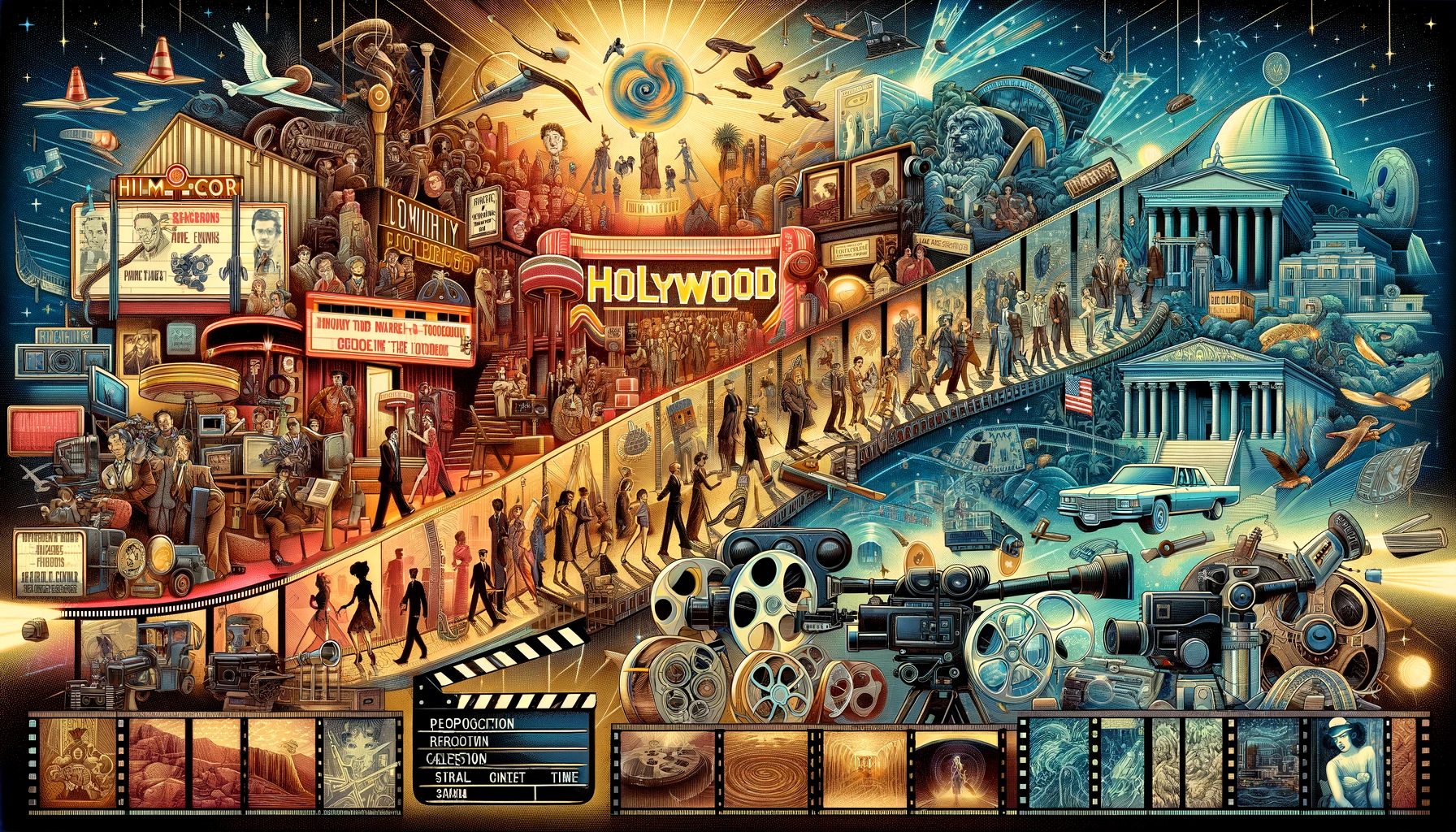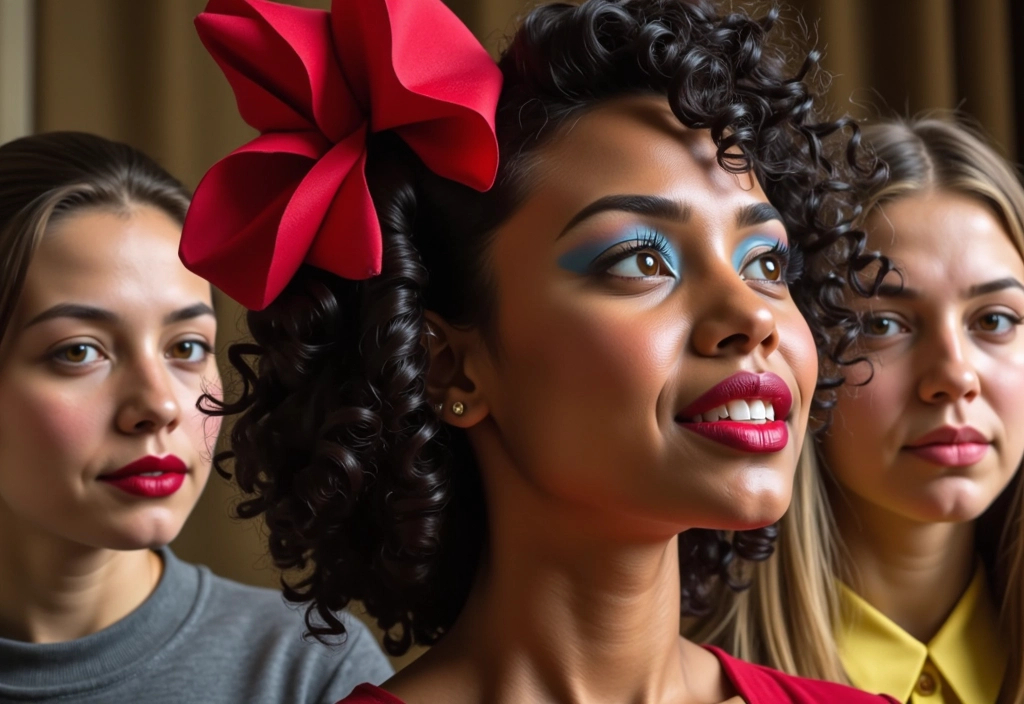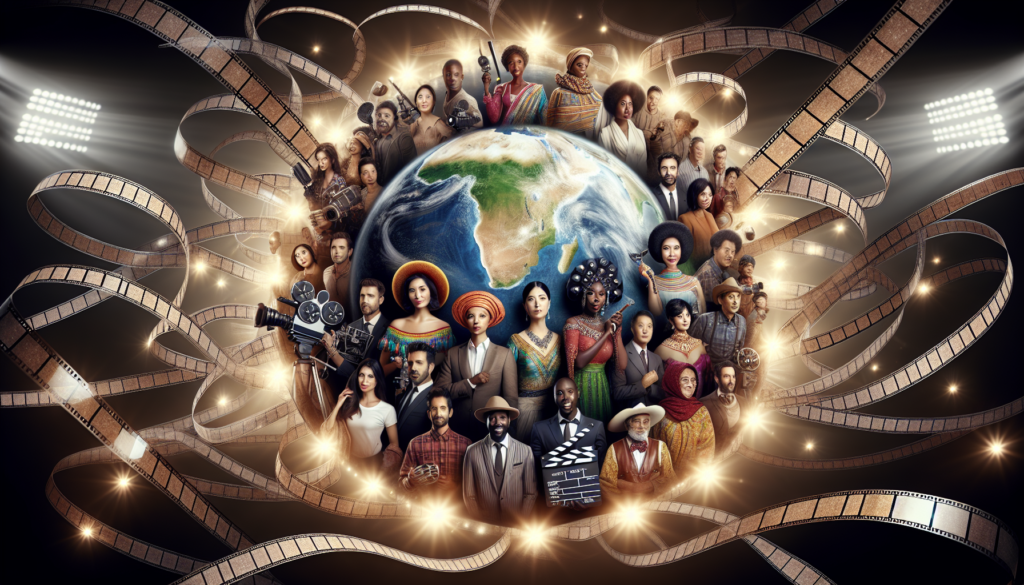Hollywood has been at the forefront of the film industry for over a century, producing countless iconic movies that have shaped popular culture and captured the imagination of audiences around the world. Over the years, the film industry has undergone significant changes in terms of technology, storytelling, and audience expectations. From the silent films of the 1920s to the blockbusters of the present day, the evolution of Hollywood has been a fascinating journey that has transformed the way we experience movies.
One of the most noticeable changes in Hollywood over the decades has been the advancement of technology. In the early days of cinema, films were shot on cumbersome, hand-cranked cameras and projected onto screens using a simple mechanical system. As technology evolved, so did the way films were made and presented. In the 1920s, the introduction of sound revolutionized the industry, leading to the creation of “talkies” and the decline of silent films. The use of color film also became widespread in the 1930s, adding a new dimension to the visual storytelling of movies.
The advent of digital technology in the late 20th century had an even greater impact on Hollywood, allowing filmmakers to explore new creative possibilities. CGI (computer-generated imagery) enabled the creation of stunning visual effects, while digital editing software provided unprecedented control over the post-production process. As a result, movies became more visually spectacular and immersive, pushing the boundaries of what was possible on screen.
Another significant evolution in Hollywood has been the change in storytelling techniques. In the early days of cinema, films were often short and relied heavily on visual storytelling to convey a narrative. As the industry matured, so did the complexity of the stories being told. The advent of sound allowed for dialogue to become a central part of the storytelling process, while advances in editing and cinematography opened up new ways to engage audiences.
In the 1970s, the rise of the auteur director and the New Hollywood movement brought a new level of artistic ambition to the industry. Directors like Martin Scorsese, Francis Ford Coppola, and Steven Spielberg pushed the boundaries of storytelling and visual style, creating some of the most enduring and influential films of all time. The 1980s and 1990s saw the rise of the blockbuster era, with movies like Star Wars, Jaws, and Jurassic Park setting new box office records and reshaping the industry.
The internet and the rise of streaming services have also had a profound impact on Hollywood in recent years. With the ability to access movies on-demand from the comfort of their own homes, audiences have become more discerning and demanding in terms of the content they consume. This has led to a proliferation of diverse and innovative storytelling, as filmmakers strive to capture the attention of an increasingly fragmented audience.
One of the most notable changes in Hollywood over the past few decades has been the push for greater diversity and representation in films. The industry has faced criticism for its lack of diversity both in front of and behind the camera, leading to a greater awareness of the need for more inclusive storytelling. Films like Black Panther, Crazy Rich Asians, and Moonlight have been celebrated for their diverse casts and unique perspectives, signaling a shift towards greater representation in Hollywood.
The way movies are consumed has also changed dramatically over the years. In the past, audiences would flock to theaters to see the latest releases, but now, streaming services have become a popular way to watch movies. With the rise of Netflix, Amazon Prime, and other streaming platforms, audiences have more choice than ever before in terms of what to watch and when to watch it. This has led to a shift in the way movies are marketed and distributed, as filmmakers and studios adapt to the changing habits of audiences.
The evolution of Hollywood has been a complex and multifaceted process, driven by technological advancements, changing audience expectations, and new creative voices. As we look to the future, it’s clear that the film industry will continue to evolve and adapt to the needs of a diverse and interconnected global audience. Whether it’s through advancements in technology, new storytelling techniques, or a greater emphasis on diversity and representation, the evolution of Hollywood promises to be an exciting and dynamic journey.



